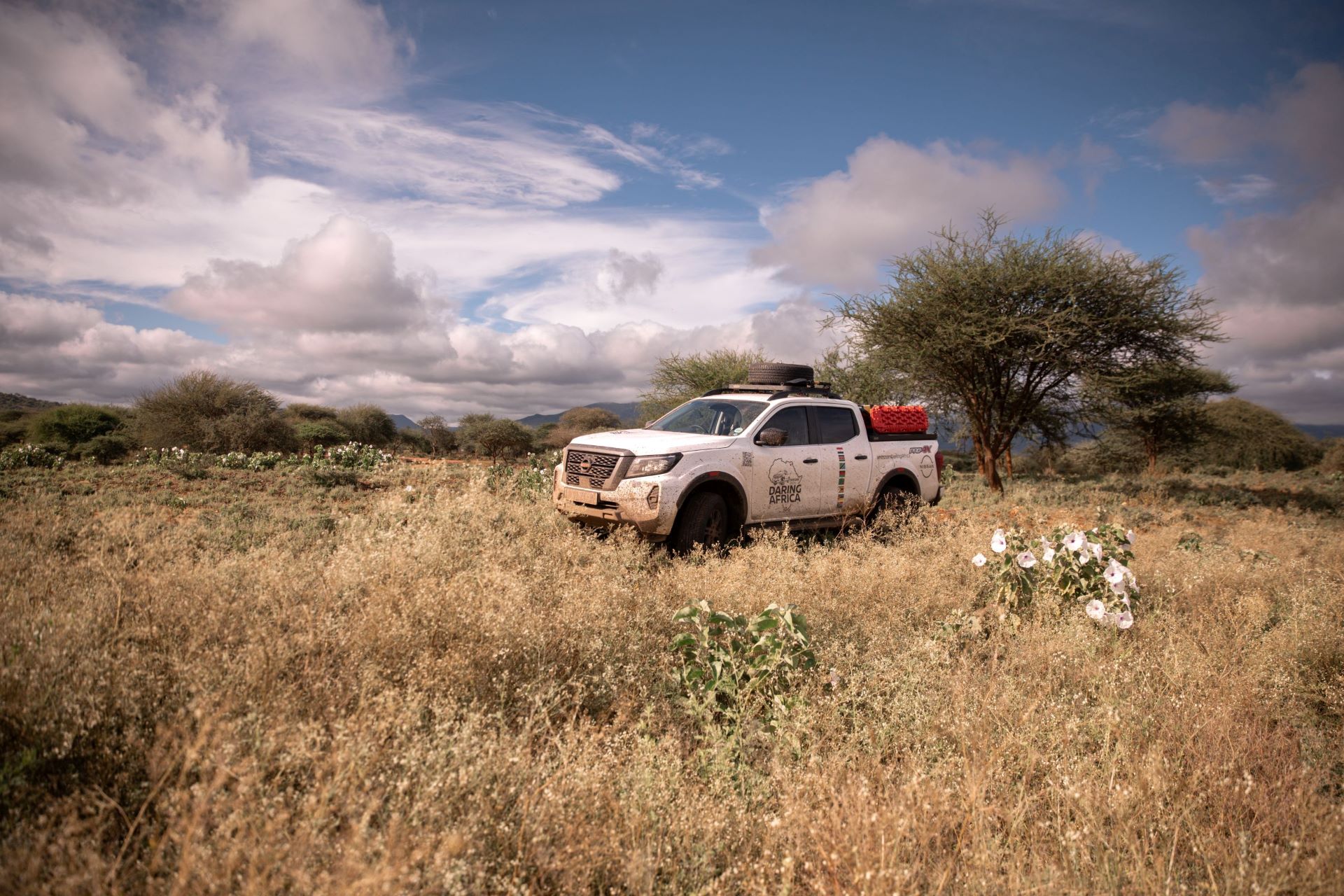CAP has confirmed with the Treasury that the removal of the 3% diesel surcharge, announced by the Chancellor in last month’s Budget , will apply to all registered diesel vehicles and not just those registered after April 2016.
This means that all diesel company car drivers will benefit, seeing a reduction in their BIK in 2016.
It is good news for company car drivers and means diesel cars will become even more popular in company car fleets. But for electric vehicles the move signals an end to their tax advantages and will do nothing to help the kind of fleet take-up necessary to create significant used market volumes.
The end of the 3% diesel surcharge will also help mitigate the growing overall tax burden on company car drivers, who are subject to ever increasing tax bills over the next few years.
For example, the driver of a diesel 120g/km car will see tax liability increase from 13% today to 22% for the 2015/16 tax year. On a £20,000 car this means the actual tax paid will rise from £1,040 a year to £1,760 by 2015/16 for a higher rate tax payer.
Mark Norman, Head of Automotive Intelligence Services at CAP, said: “It is a welcome move by the Government to give a lead time of several years before introducing such a measure because it gives drivers the opportunity to order their next car, fully armed with information about the tax implications of their choice.
“It will also encourage manufacturers to continue their efforts to gain competitive advantage in the company car market by further reducing CO2. The new magic figure is 94 grams or under, to qualify for the lowest rate of tax in 2015. Volvo’s new V40 D2 already qualifies for this but there will no doubt be many more fleet-friendly cars brought under that limit by the time the new rules come into force.
“However, the hidden story here is perhaps the serious blow it represents to electric vehicles and other ultra-low carbon cars, with the removal of a significant advantage which will further constrain take-up. For example, a higher rate taxpayer running a Nissan Leaf goes from paying no company car tax at all in 2014/15 to more than £1,600 in 2015/16.”


